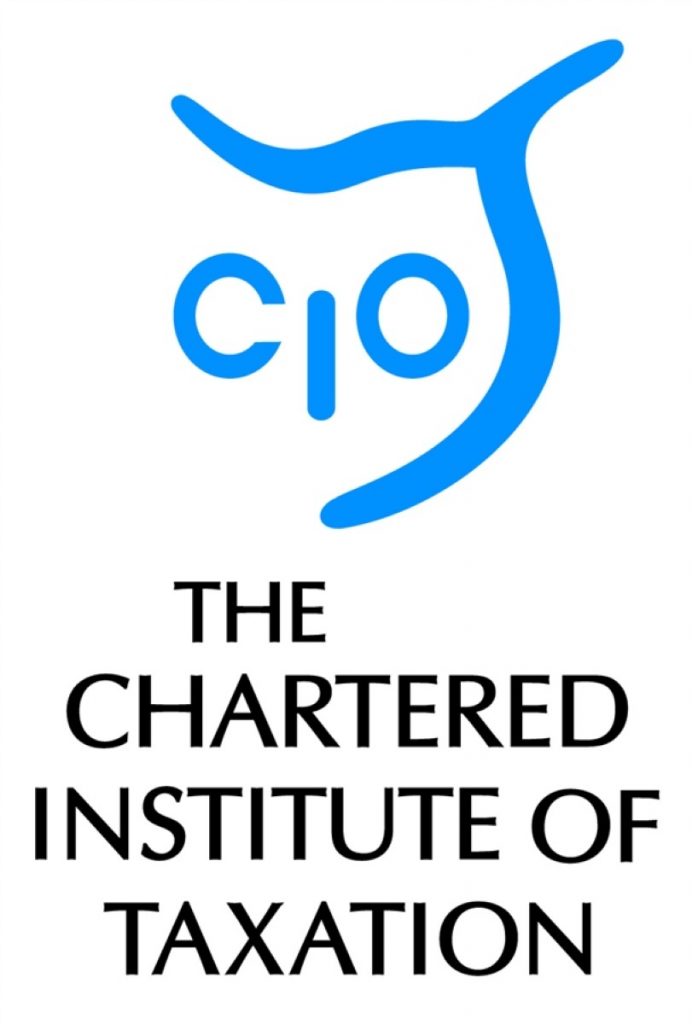New exam formats to diversify international tax qualification
The Chartered Institute of Taxation (CIOT) is pleased to announce the final stage in a programme of changes to ADIT (the Advanced Diploma in International Taxation), in preparation for the 2016 exams1. The changes offer each student access to a greater choice of exam options, whilst ensuring a level of international tax knowledge and expertise which is rigorous and benchmarked, regardless of the option selected.
With international tax practitioners in over 100 countries and territories now studying for ADIT certification within a wide range of industries and firms, the qualification has been restructured to reflect the needs of ADIT practitioners and employers, while at the same time continuing to provide a consistently high standard of examinations in international tax.
From 2016, students will have the benefit of combining any two Advanced International Taxation option papers, from either the Paper 2 (Jurisdiction) or Paper 3 (Thematic) category – or one from each – in addition to the mandatory Paper 1 – Principles of International Taxation exam. Existing students who have already completed a Paper 2 or Paper 3 exam will be able to select any of the remaining option papers, rather than having to combine one paper from each category as was previously the case.
ADIT now offers a choice of 14 different option papers, with over 90 possible exam combinations. Each exam combination will continue to develop and test students’ international tax skills to the high standard set by ADIT, with a new suite of exam paper formats to be introduced for all option papers for 2016.
The format for each option paper will challenge students to answer a variety of different question types, with a mix in the size and nature of questions, and the degree of question choice, tailored to the individual syllabus for that option paper2. A summary of the new exam paper formats for all ADIT option papers can be found here.
CIOT President, Chris Jones, commented:
“International tax practitioners are increasingly required to hold expertise in a variety of diverse areas of tax, and it is crucial for a global qualification such as ADIT to meet the needs of employers, clients and ADIT students for an increasing range of subject combinations.
“The changes will provide increased choice while ensuring that ADIT retains its position as a trusted benchmark of quality in international tax examinations.
“A combination of practical scenario and case study questions, with more conceptual essay questions, will test a range of skills essential to the international tax profession, from determining a client’s tax position based on an understanding of applicable legislation, to offering analysis, evaluation and advocacy on a topical issue in international tax discourse.”
Notes to editors
1. You can find further information about these changes at www.adit.org.uk/aditischanging, and in the forthcoming 2016 editions of the ADIT Prospectus and Syllabus. Alternatively, please contact Rory Clarke at rclarke@adit.org.uk or +44 (0)20 7340 0571.
2. Please note that the exam format for Paper 1 will not change.
3. The Chartered Institute of Taxation (CIOT)
The CIOT is the leading professional body in the United Kingdom concerned solely with taxation. The CIOT is an educational charity, promoting education and study of the administration and practice of taxation. One of our key aims is to work for a better, more efficient, tax system for all affected by it – taxpayers, their advisers and the authorities. The CIOT’s work covers all aspects of taxation, including direct and indirect taxes and duties. Through our Low Incomes Tax Reform Group (LITRG), the CIOT has a particular focus on improving the tax system, including tax credits and benefits, for the unrepresented taxpayer.
The CIOT draws on our members’ experience in private practice, commerce and industry, government and academia to improve tax administration and propose and explain how tax policy objectives can most effectively be achieved. We also link to, and draw on, similar leading professional tax bodies in other countries. The CIOT’s comments and recommendations on tax issues are made in line with our charitable objectives: we are politically neutral in our work.
The CIOT’s 17,000 members have the practising title of ‘Chartered Tax Adviser’ and the designatory letters ‘CTA’, to represent the leading tax qualification.





-01.png)